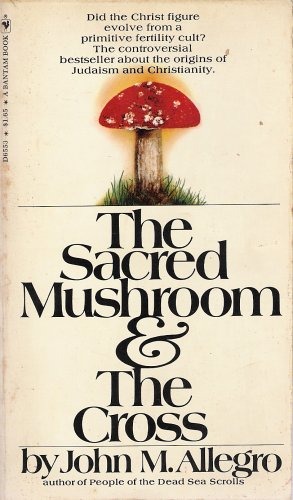Still thinking about A Song for the Dark Times, the Ian Rankin book I talked up a couple of weeks ago, I realize that it’s effectively the first COVID story I’ve read, although not self-consciously so. Rankin tells us in an afterword that he began the novel before the pandemic got legs, but the quarantine caught up with him. Suffice it to say that while COVID doesn’t make a literal appearance, it makes itself felt. The characters all seem to be overtaken by tremendous weariness, utterly exhausted, savage and strung out and wired, their default mechanism an unprovoked strike at soft tissue.
I also mentioned PTSD in reference to A Song for the Dark Times. I can’t be the first person to suggest we’ve had a national psychotic episode over the last four years, and that toxicity hit a boiling point in 2020. There’s a marked difference, though, between Carl Hiaasen’s Squeeze Me, a venomous (excuse the pun) satire of a public con artist known to the Secret Service as Mastodon, and the Rankin book – not least because Hiaasen is laughing through tears of despair, but because of the timing. Hiaasen got his book to press before COVID, although it came out in 2020, and Rankin broke the tape just a hair after, when the pandemic had begun to tighten its grip. The full effects weren’t known, of course, but fatigue was clearly manifest already. We were so sick and tired of the unending vomit skit, that when we actually realized how unprepared we were for genuine political respiratory failure, it fell on us like the Plagues of Egypt. It was absolutely biblical, you couldn’t help feeling we didn’t deserve it somehow.
All in all, it meets the clinical hallmarks of escaping an abusive relationship. (Except the guy is still out there haunting us, absent Van Helsing and the stake.) Looked at in context, it could just as readily be combat stress, or alcoholic parents, the gaslighting husband, predatory manipulation, emotional or sexual, the entire vocabulary of passive-aggressive, narcissistic grievance. The betrayal of trust, the loss of faith. You could perhaps survive the death camps, but then be consumed by survivor’s guilt.
A lot is going to be written about this shitty, corrupt, and incompetent Administration, and history won’t be kind, but I’m wondering more about how we approach the dry heaves and the hangover. Reading, for example, Jackie Winspear’s Maisie Dobbs books, which take place between the wars, they lean on the horror of the trenches. Her grandfather, we learn in her memoir, This Time Next Year We’ll Be Laughing, was a shell-shocked veteran of WWI. (We don’t often get this kind of objective correlative with a writer; in this instance, we get the smell of the hops, and the scent of class difference, nothing if not quietly poisonous.) Our own history is instructive, how we’ve dealt with race, for example, in literature, or popular culture. You could make a good argument that Chester Himes writes with more vigor or honesty than some other literary lights, but he wrote in a genre that was below the salt. Blind Man with a Pistol isn’t a title that conjures up the Pulitzer. So how do we engage the age of Coronavirus and the collapse of political conversation?
We can
look at Latin American literature, in the shifting squalls of dictatorship and
social reform, or perhaps
I’m asking a different question, which isn’t about our political sympathies. What happens when our sympathies are exhausted?
I remember
the AIDS epidemic. I happened to be
living in
Elvis Presley posed for his polio shot before he went on Ed Sullivan, in 1956.
How will we address these plague years? Not so much the crazy, the QAnon and that crap. There was a time when the John Birch Society told us that fluoridation in the water supply was a Commie plot, and Stalin was in our toothpaste. How do we make this not seem completely nuts?
On the other hand, how is it not completely nuts?







